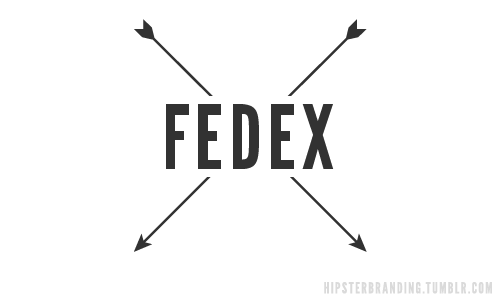One of the so-called “geniuses” at my local Apple Store told me that the iPhone’s home button, which was so problematic on the iPhone 4 is now a serviceable part on the iPhone 5. Apple apparently identified the root causes of that problem and accounted for them in the design and manufacturing of its current model. The new home button shouldn’t become unresponsive over time as its predecessor so frequently did — but if it does, Apple can repair the button itself rather than replacing the entire unit, as it used to do.
It’s been almost a year since the iPhone 5 was introduced, so why should I care? Well, I had to bring my own unit into the Apple Store for repair recently, which is when I learned about this incremental bit of hardware progress. Thankfully, my iPhone 5’s home button has been working without a hitch, but sadly the same can’t be said of its power button. That piece recently started losing responsiveness, just like the iPhone 4’s home button used to, often requiring two or three hard presses to turn the unit on or off. For me, just one person, that’s frustrating. But from anecdotal evidence, lots of folks with iPhone 5s of similar vintage have been experiencing the same troubles, which leads me to believe this is a common hardware defect.
Apple’s solution? Well, unfortunately the iPhone 5’s power button is not a serviceable part, so the entire unit had to be replaced. Apple did this for me under warranty, thankfully, so I can’t complain too much about getting a brand new phone for free. But if I can gently offer a little advice to our friends in Cupertino: someone wise once said, “Skate to where the puck is going to be, not to where it has been.”
Continue Reading …
+

